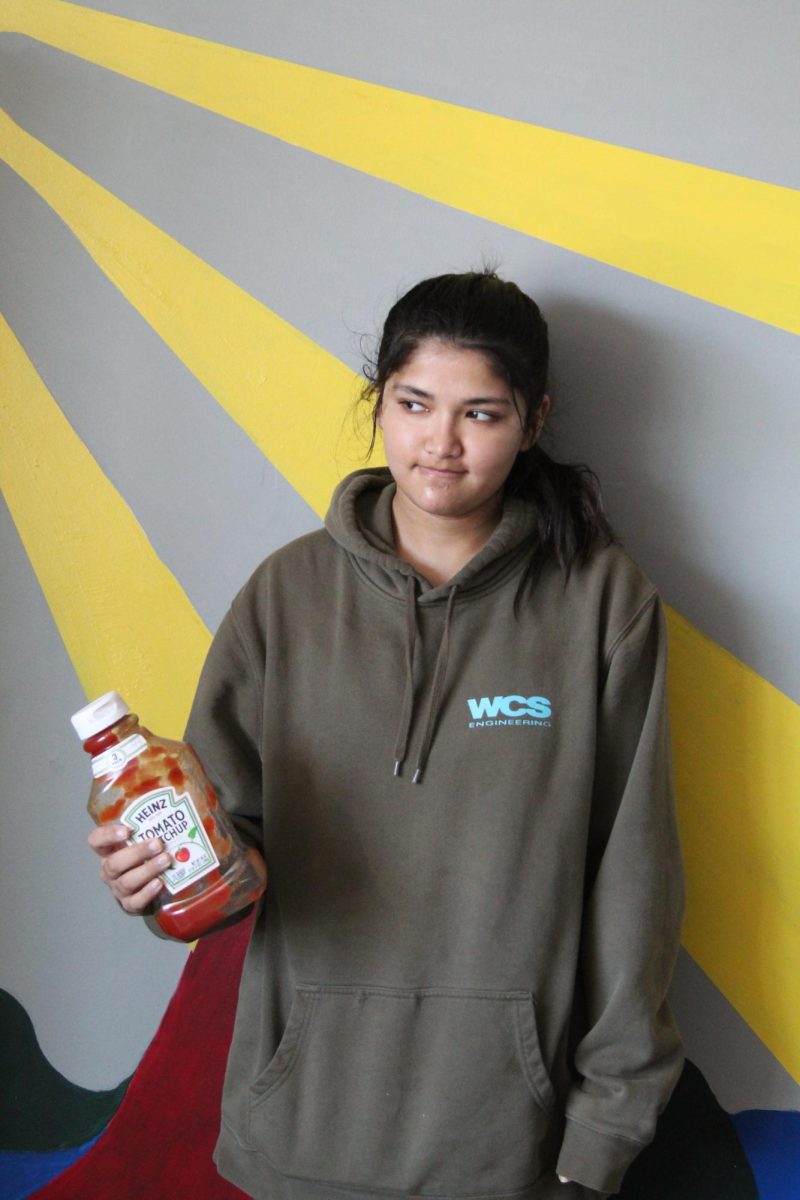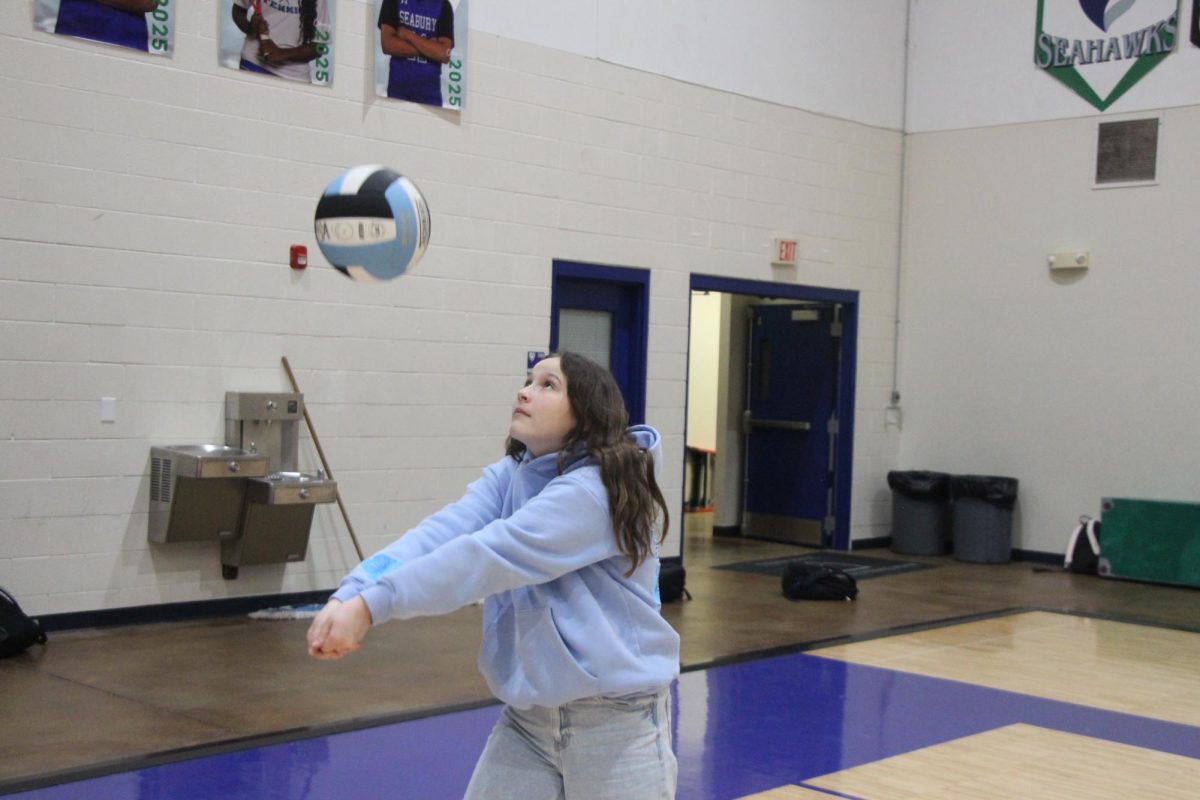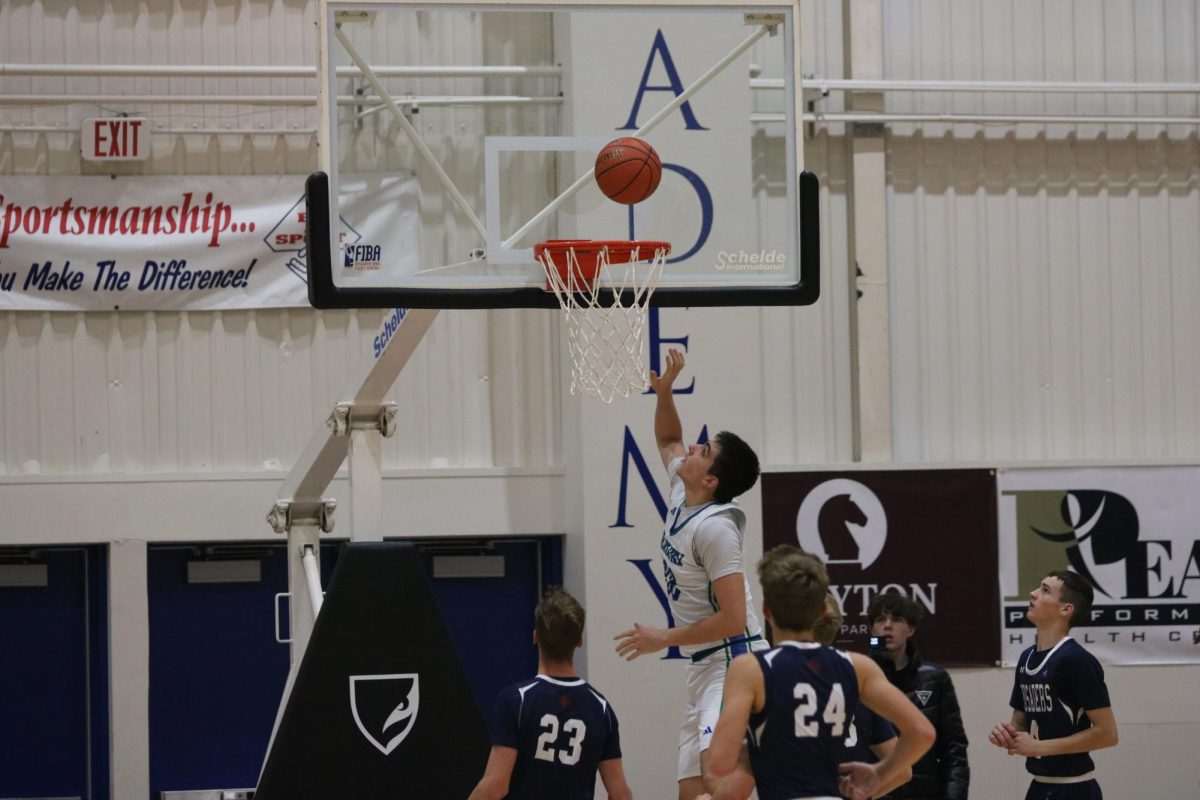A sports team represents more than just the sport it is playing. We see it at school; when you play against another school, you represent the school as a whole. This only increases when a team plays on an international level. With an endlessly changing world and different relationships between countries, politics are bound to flow into sports, almost by their very nature.
Sports can be used as a way of defiance. One example of this is in March of 1969, when the Czechoslovakian hockey team played two games against the USSR, seven months after the Soviet Union invaded Czechoslovakia. As an act of defiance after winning their first hockey game against the Soviet Union, the Czech team refused to shake hands with the Soviets, although this was cut off the broadcast. For the second game, five players put black tape over the communist red star on their jersey. This game was won 4-3, and the scores from both games became political symbols for Czechoslovakia. A month later, the player who led the “black tape protest” was banned from international games for a year, but this symbol of protest would not be forgotten.
Another example of political tension in sports occurred in the 1956 Olympics when the USSR played against Hungary in water polo. The game was given the nickname “Blood in the Water” and for good reason. The game was after the Soviet’s violent repression of the Hungarian Uprising. The game quickly turned into an attempt to restore national pride for Hungary, resulting in lots of fighting from both sides and ultimately an abrupt end to the game with Hungary leading 4-0, when Russian player Valentin Prokopor punched Hungarian player Ervin Zádor and drew blood. The water in the pool turned red, resulting in the game’s nickname.
Another example of political tension in sports occurred recently during the USA vs. Canada 4 Nations Face-off ice hockey match. Pregame tension was high online with Donald Trump’s continuous taunts of tariffs and taking Canada as a fifty-first state, even referring to the Prime Minister of Canada, as “Governor Trudeau.” This is very different from the regular playful bets between the two countries. Jon Cooper, the Canadian coach, said, “Canada needed a win, and the players beared that on their shoulders. This one was different. This wasn’t a win for themselves. This was a win for forty-plus million people.” In the first nine seconds of the match, there were three fights between the two teams, and while the U.S. won the battle, Canada took away the 4 Nations title. Though arguably minute compared to the examples of violent communist oppression, this is a clear example of political tension in sports.
Sports are often used as political expressions, and in many ways, they are far more than just a game.









